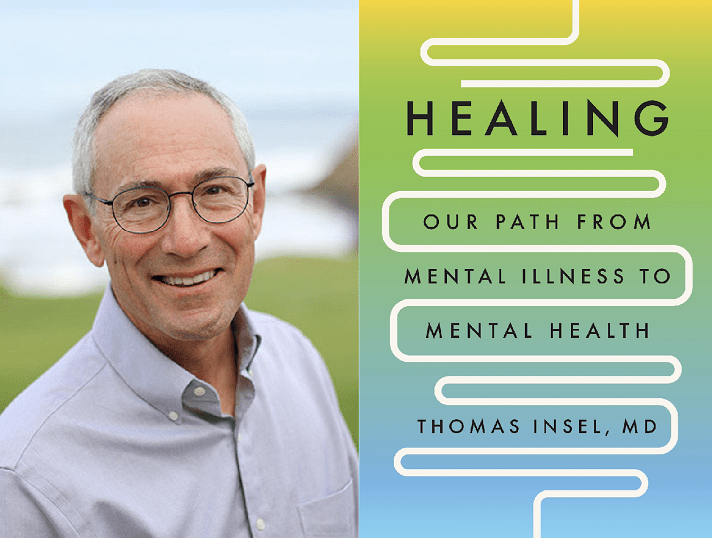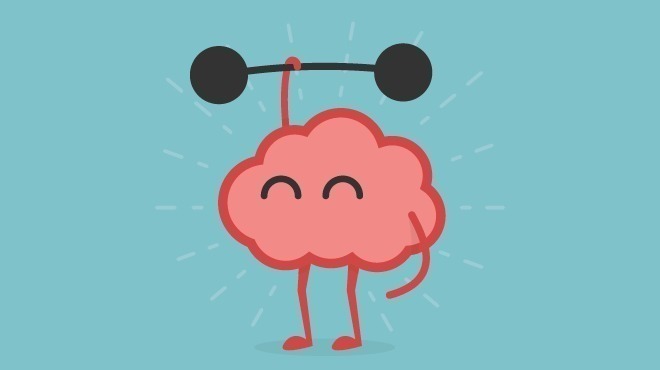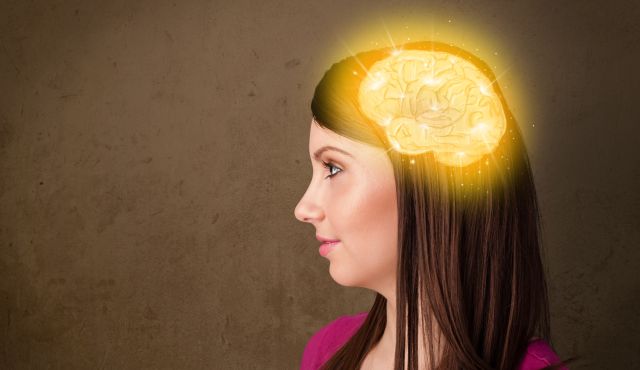Posts Tagged ‘psychologists’
From “Eminence-based” to Evidence-based mental healthcare: Time to focus on quality and accountability
For the mental health crisis of care, quality is as much of a problem as quantity. Most people who seek mental health care for the first time are baffled by how to find a clinician. I know what many parents felt. When my daughter, Lara, finished her first semester at Oberlin, she returned home to…
Read MoreA few slow-paced breaths are enough to significantly reduce physiological stress
Welcome to a new edition of SharpBrains’ e‑newsletter, sharing important brain & mental health news plus a couple fun brain teasers to test your mental self-rotation skills. #1. Study: Education and lifestyle helped over a million older Americans avoid serious cognitive problems in 2017 Let’s kickstart 2022 with some good news: “The prevalence of serious cognitive…
Read MoreUnder what conditions can mindfulness courses help health care workers manage stress and burnout?
Medical professionals are burdened daily with the pain and suffering of patients. Many work long hours, and regularly face stressful situations. This burden does not come without consequence: 60 percent of physicians report having experienced burnout at some point in their careers. Mindfulness courses designed to help health care workers
Read MoreTraining our brains’ executive control to reduce rumination and improve mood
Israeli computer ‘game’ teaches brain to be happier (Haaretz): “There are people who think dwelling on their emotions is helpful, viewing it as a kind of wrestling match with their inner demons. But according to psychologists, it’s
Read MoreCogmed/ Pearson’s Jonas Jendi on Psychologists — who needs them? The case for the long run
Mr. Jendi, the General Manager and Vice President of Cogmed (now a Pearson subsidiary), will discuss Psychologists — who needs them? The case for the long run, at the upcoming 2012 SharpBrains Virtual Summit (June 7–14th, 2012).
Read MorePlaying the Blame Game: Video Games Pros and Cons
Here are some information on Video Games Pros and Cons.
Read More




